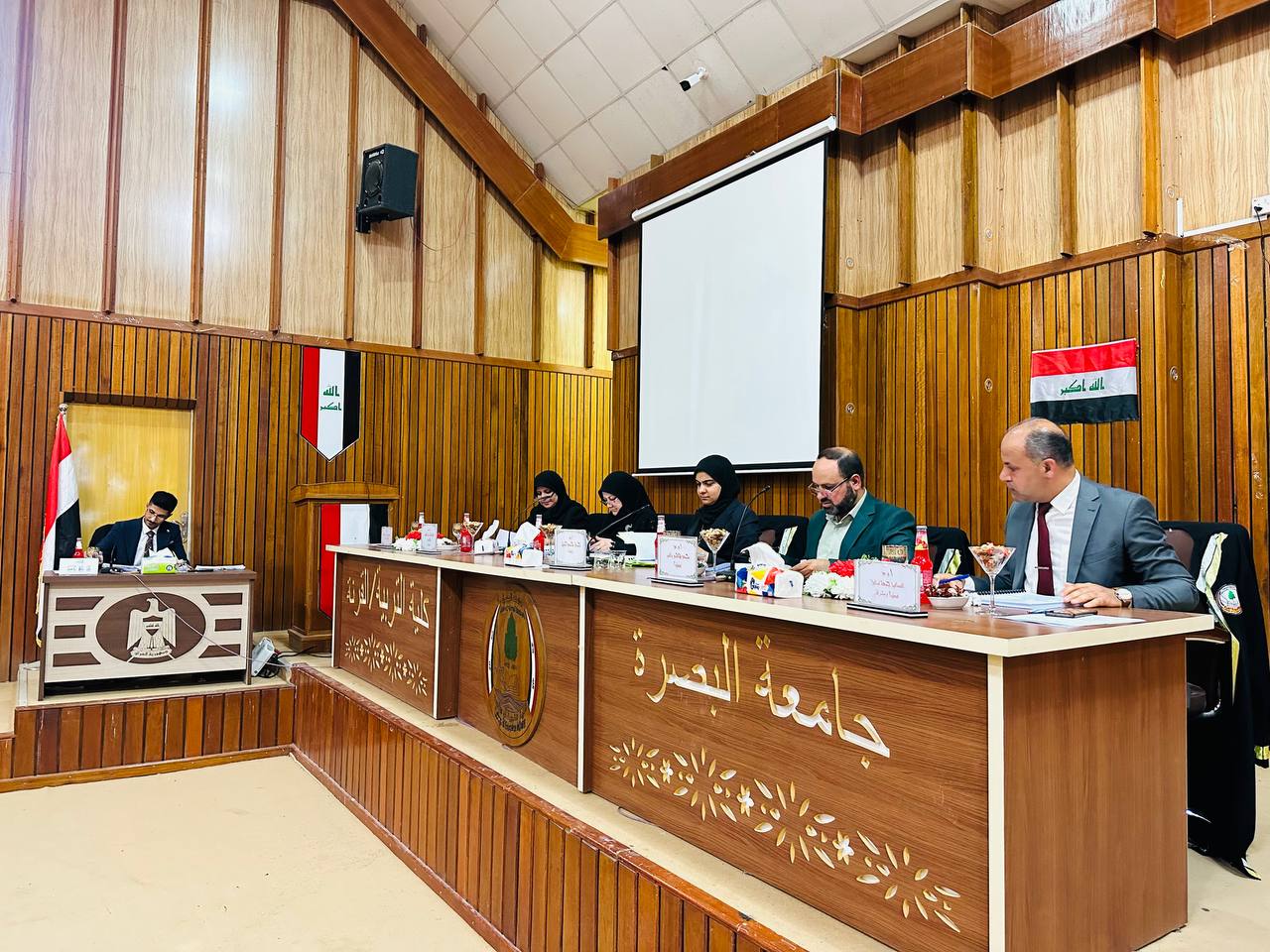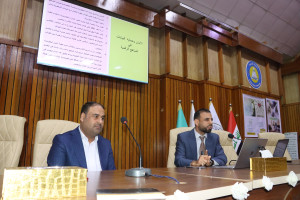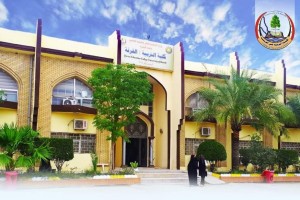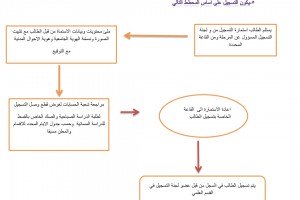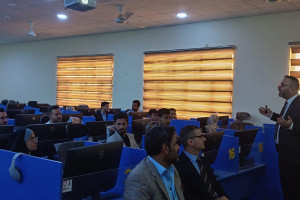
A master's thesis in the College of Education - Qurna, Department of Life Sciences, discussed the biosynthesis of silver nanoparticles using some types of soil fungi and studying their antimicrobial effect against some multi-antibiotic resistant bacterial species by researcher Thaer Ali Hussain
The study included the isolation of 5 genera of fungi, Aspergillus niger, Aspergillus flavus, Aspergillus terrus, Aspergillus sp, Penicillum sp, Cladosporium ssp, Paecilomyces variotii. Phoma tropica).
The species Aspergillus flavus, Aspergillus niger (Phoma tropica, Aspergillus sp) showed the ability to bioconstruct silver nanoparticles after 24 hours of incubation of the mycelium filtrate treated with silver nitrate AgNO3, and the bioconstruction process was detected by observing the color changes from the transparent filtrate to yellow. Or brown or dark brown.
Silver nanoparticles produced from fungi using the Well Diffusion Method showed antibacterial activity against MDR (Multi-drug resistance) for both Gram-positive and Gram-negative bacteria, namely: - (E. coli, K. pneumonia, Staph. aureus and P. aeruginosa), with two concentrations (50 and 100 µg/ml) of AgNPs and AgNPs with a concentration (50 and 100 µg/ml) showed inhibitory activity against the pathogenic yeast Candida albicanas isolated from the skin.
